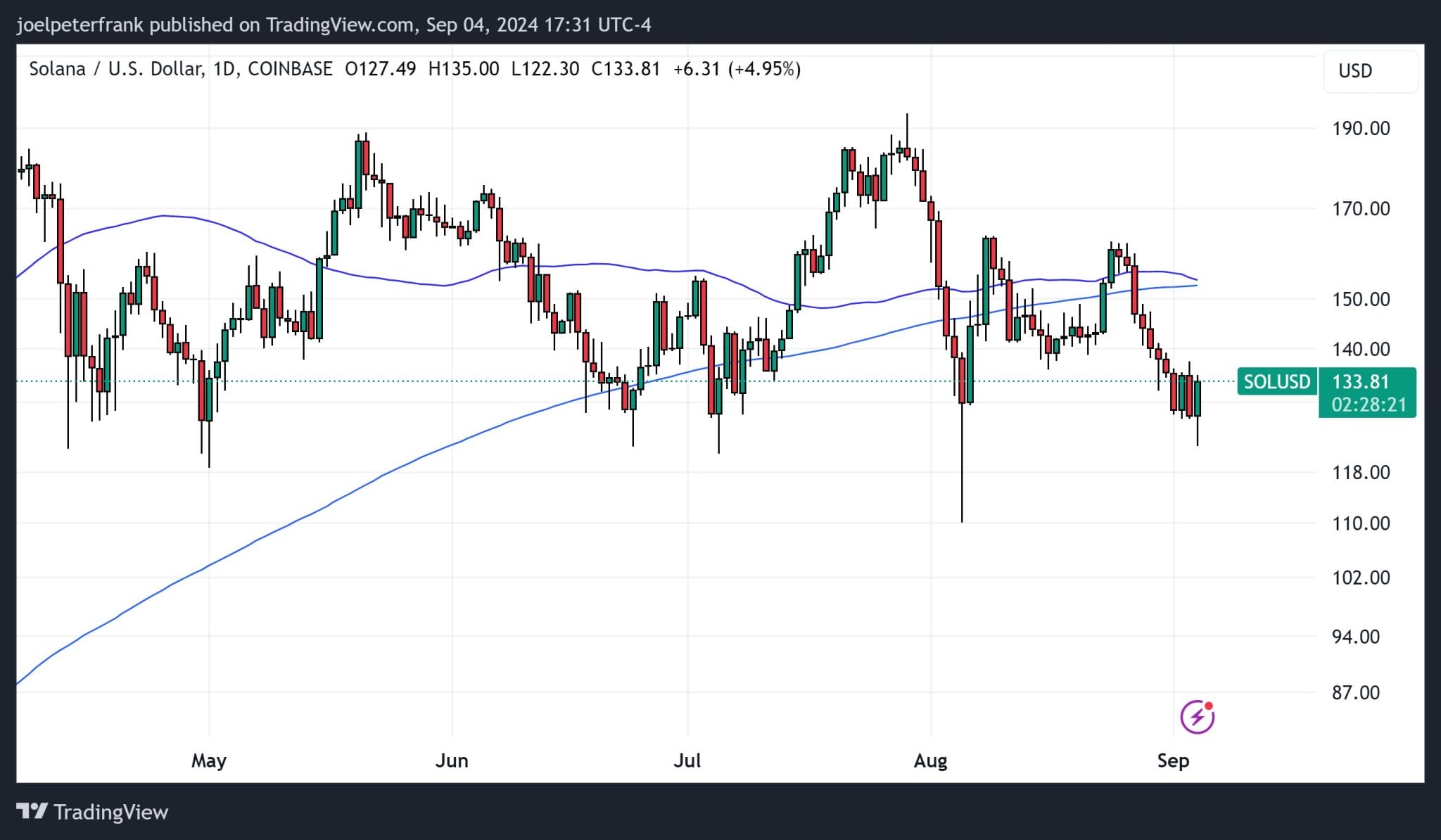Last updated:
 Why Trust Cryptonews
Why Trust Cryptonews

Danny Ryan, a prominent researcher at the Ethereum Foundation, has announced his resignation after seven years of work within the Ethereum ecosystem.
Ryan played a pivotal role in Ethereum’s transition to a proof-of-stake consensus system, most notably during “The Merge,” which marked the blockchain’s shift away from proof-of-work.
Ryan cited personal reasons for his departure, emphasizing that his decision is not a critique of Ethereum or the broader cryptocurrency space.
Ryan to Search for New Opportunities
In a post shared on GitHub, he explained his choice to step away, noting that being a leader within Ethereum has been an intense and all-encompassing experience.
“Being at one of the many helms that is the complex ship of Ethereum is an all-consuming experience, and although one of the greatest experiences of my life, it is one that I’m ready to relinquish, making space for other things,” he wrote.
Reflecting on his time at Ethereum, Ryan recalled joining the project as “a random person from the internet” and quickly finding a place where he could contribute meaningfully.
“Ethereum R&D is in good hands. There is a profound depth of experience and leadership across the dozens of teams involved,” he added, ensuring the community about the future direction of Ethereum’s development.
“And, although the protocol still has some work in store, the problems are solvable with a bit of time and effort.”
Over the years, he played a crucial role in the launch of Ethereum’s Beacon Chain in 2021 and was actively involved in providing updates on Ethereum Improvement Proposals through the Foundation’s blog.
As the second-largest cryptocurrency by market capitalization, Ethereum’s native token, Ether, traded at $2,416 as of Sept. 13.
Buterin to Only Endorse Advanced L2 Solutions Going Forward
Ethereum co-founder Vitalik Buterin has publicly announced that starting next year, he will only publicly endorse Layer 2 solutions that have progressed beyond their initial developmental stages.
This move is said to enhance the security and trustworthiness of the Ethereum ecosystem, which has various rollup projects at its center.
However, these projects are still reliant on early-stage mechanisms he refers to as “training wheels.”
According to Buterin, the decision applies universally, regardless of personal investments or friendships.
This approach, he argues, is essential to moving away from rollups being “glorified multi-sigs” and towards a future of cryptographic trust where reliance on human oversight is minimized.
Notably, Buterin highlighted that several zero-knowledge rollup (ZK-rollup) teams are on track to reach Stage 1 by the end of the year, a milestone he views as crucial for the broader adoption and trust in Ethereum’s scaling solutions.
However, he cautioned against hastily discarding these protective measures before there is confidence in the security of the proof systems.
As report, Buterin has been linked to a series of ETH sales totaling 950 ETH, valued at approximately $2.28 million, since August 30.
His associated wallet, which received 3,800 ETH worth around $9.8 million, has been executing sales in smaller, strategic batches rather than large transactions.
The most recent sale involved 190 ETH, converted to $441,971 in USDC, bringing the total sold to 950 ETH.





